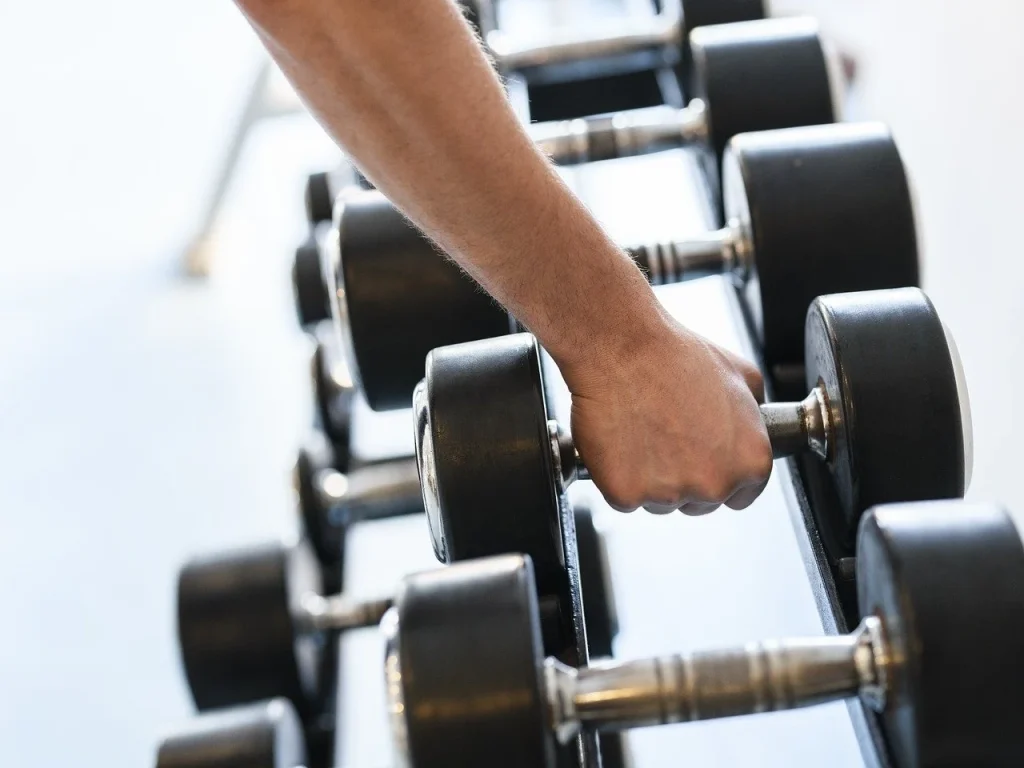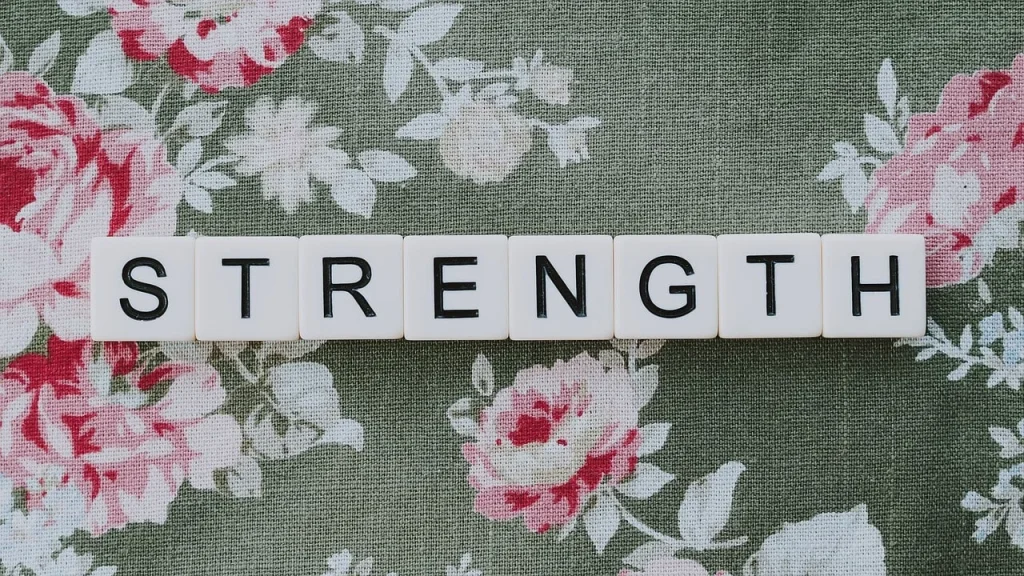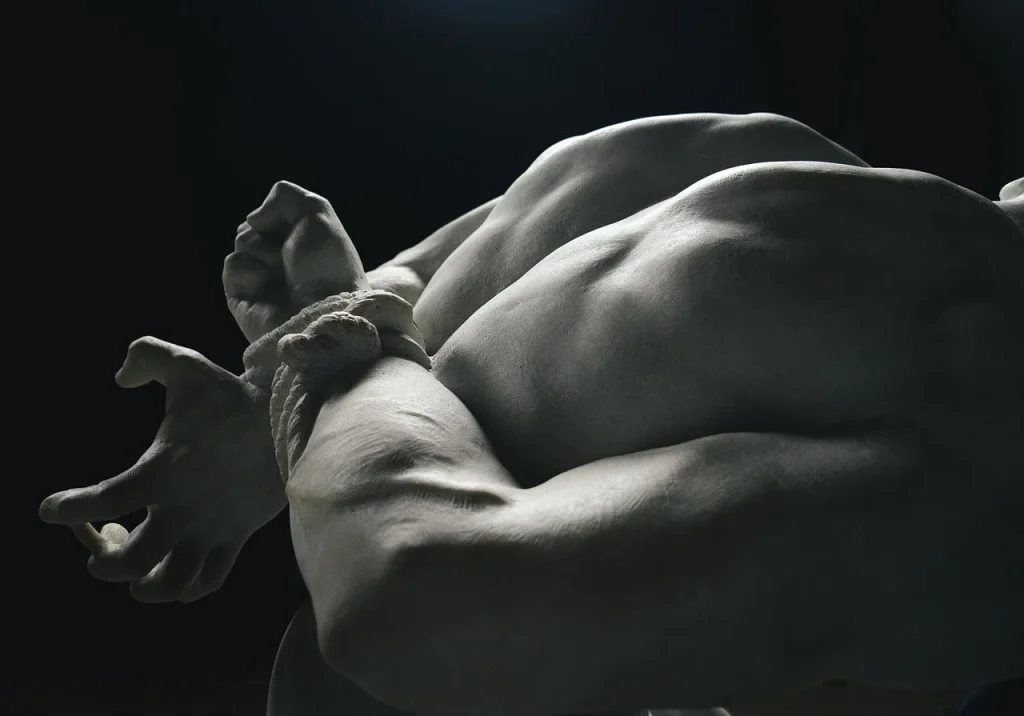Did you know that your body is home to over 600 muscles? Yes, that’s right! Every time you blink, smile, or even just sit still, there’s a whole crew of muscles working tirelessly behind the scenes. Think of them as the unsung heroes of your daily activities.
Some muscles, like the ones in your eyes, are on the clock 24/7, while others, like your biceps, come into the spotlight only during heavy lifting sessions at the gym or when you need to show off at the beach. Isn’t it funny how the smallest muscles can be the busiest?
Strength does not come from physical capacity. It comes from an indomitable will.
Mahatma Gandhi
Muscle Facts
We start our journey into the world of muscles, and we arm ourselves with knowledge that could set us apart as true experts. Read carefully—there’s a quiz at the end to test your mastery of the topic!
- The human body contains approximately 600 individual muscle groups.
- A newborn baby has about the same number of muscle fibers as an adult.
- Stapedius, the smallest muscle in the human body, is just over one millimeter long.
- The gluteus maximus is not only the largest muscle but also the one responsible for keeping your body upright when you stand.
- Facial muscles can make more than 10,000 different expressions.
- Muscle memory is actually a form of procedural memory that helps perform tasks without conscious thought.
- A single muscle contraction typically lasts about 100 milliseconds.
- Humans and giraffes have the same number of neck muscles.
- Muscles are approximately 75% water by weight.
- Cardiac muscle cells can beat on their own without being connected to your body.
- Decomposition of muscles can start as soon as 3 to 4 hours post-mortem under certain conditions.
- Eyelid muscles can blink up to five times per second.
- The fastest growing muscle is the uterine muscle during pregnancy.

- Muscle fibers are categorized into Type I (slow-twitch) and Type II (fast-twitch).
- Your muscles generate about 85% of your total body heat.
- Hiccups are involuntary contractions of the diaphragm muscle.
- The heart muscle is capable of beating over 3 billion times in a person’s lifetime.
- During vigorous exercise, muscles may use up to 90% of the blood flowing in the body.
- Muscles can increase their size by 50% through strength training.
- Only 40% of your body mass is made up of muscle tissue.
- Goosebumps are caused by the contraction of tiny muscles at the base of each hair.
- Exercising regularly can slow down the aging process of muscles significantly.
- Isometric exercises involve contractions without any visible movement of the joint.
- Over 70 muscles are involved in the complex process of speaking.
- Muscles can adapt to different types of stress through a process known as muscle plasticity.
- During spaceflights, astronauts can lose up to 20% of their muscle mass.
- The length of all your muscle fibers, laid end to end, would stretch around 40,000 miles.
- Spasms can occur due to dehydration, muscle fatigue, or electrolyte abnormalities.

- High-frequency vibration can increase muscle strength in a short period.
- The temporalis muscle, which is important for chewing, is among the strongest in terms of pulling force.
- Athletes’ muscles can store up to double the amount of glycogen compared to non-athletes.
- Muscle knots are actually areas where muscle fibers have become tangled.
- Laughing involves coordination between 15 facial muscles.
- Dynamic stretching before an activity prepares muscles better than static stretches.
- Dark meat in poultry comes from muscles that are used more frequently and contain more myoglobin.
- The muscle cells in the body are capable of changing their function under different physiological conditions.
- Every day, the average person uses their muscles to generate a force equivalent to lifting approximately 20 tons.
- Endurance training can change fast-twitch fibers into more fatigue-resistant fibers.

- A muscle strain is actually a tear in the muscle fibers caused by overstretching.
- Myostatin-related muscle hypertrophy is a rare condition that leads to double the muscle mass and significantly less body fat.
- Smiling uses fewer muscles than frowning, but it can be more exhaustive if sustained.
- Muscles communicate with the brain through an elaborate system of nerves and neurotransmitters.
- A muscle can pull with a force of up to three times the body’s weight.
- Hyperplasia, an increase in the number of muscle fibers, can occur in certain species but is rare in humans.
- The intercostal muscles help expand and contract the ribcage for breathing.
- The ability of muscles to heal themselves is facilitated by satellite cells that act as a reserve.
- Lactic acid build-up during exercise is actually a fuel source for muscles.
- Muscles have a high concentration of mitochondria, the cell’s power plants, which allows them to generate energy efficiently.
- Proprioceptors in muscles send information to the brain about the position of body parts.
- It’s possible to control someone else’s muscle movement using electrical stimulation.
Muscle Myths

Let’s continue to the next section. We’ll unravel misconceptions about muscles and separate fact from fiction to unveil the truth.
- Lifting Heavy Weights Makes You Bulky
It is widely believed that lifting heavy weights will inevitably lead to increased bulk. However, muscle growth is influenced by overall training volume, genetic factors, and nutritional intake. Many people find that heavy lifting actually enhances muscle tone and strength without excessive bulk. - Muscle Turns Into Fat When You Stop Working Out
This common misconception has no basis in physiology. Muscle and fat are two distinct tissues. When workouts cease, muscle mass might decrease while fat accumulation might increase if caloric intake exceeds expenditure, but one does not transform into the other. - You Can Target Fat Loss in Specific Areas
The idea that fat loss can be localized by exercising specific body parts has been debunked. Although targeted exercises can build muscle in those areas, fat loss is generally uniform and governed by genetics and overall body metabolism. - You Need to Work Out Every Day to Build Muscle
Rest is crucial for muscle growth. Muscles require recovery periods to heal and grow stronger. Therefore, working out daily can actually hinder muscle growth, as adequate rest is not provided. - Supplements Are Necessary for Muscle Building
While supplements can aid in muscle growth, they are not essential. Balanced nutrition, consistent training, and sufficient rest are primarily responsible for muscle development. Supplements should be considered as an addition, not a necessity.
No products found.
Muscle Quotes

Below, you will find some of my favorite quotes. Feel free to share yours in the comments so I can add them to the list as well.
The last three or four reps is what makes the muscle grow. This area of pain divides the champion from someone else who is not a champion.
Arnold Schwarzenegger
Schwarzenegger, a legendary bodybuilder and actor, speaks about the crucial role of enduring pain in muscle growth and success.
Muscles come and go; flab lasts.
Bill Vaughan
Vaughanhumorously notes the transient nature of muscles compared to body fat, highlighting the ongoing struggle for physical fitness.
The resistance that you fight physically in the gym and the resistance that you fight in life can only build a strong character.
Arnold Schwarzenegger
Again, Schwarzenegger draws a parallel between the physical resistance faced in training and the adversities in life, suggesting both build character.
Take care of your body. It’s the only place you have to live.
Jim Rohn
Jim Rohn, a motivational speaker, underscores the importance of physical health and the necessity to maintain the body, which involves muscle care.
Building muscle and building self-esteem go hand in hand.
Jamie Eason
Eason, a professional fitness model and writer, discusses the interconnected growth of physical strength and self-esteem through muscle building.
Muscle FAQ

I hope the quotes about muscles have inspired and informed you. Before you tackle the quiz ahead, let’s clear up any remaining questions in our FAQ section. Read carefully to enhance your chances of acing the quiz!
- Can muscle atrophy be reversed?
Yes, muscle atrophy can often be reversed, especially if it’s due to inactivity. Engaging in regular physical exercise, such as strength training and aerobic activities, can help rebuild muscle mass and strength. Nutrition also plays a crucial role in muscle recovery. - Are muscle relaxers addictive?
Some muscle relaxers can be addictive, particularly those that act on the central nervous system. It is important to use them under strict medical supervision and only for short periods to minimize the risk of dependence. - Can muscles grow without protein?
Protein is essential for muscle growth. Without adequate protein, muscles may not grow optimally after exercise. Protein provides the amino acids needed to repair and build muscle tissues, so it’s crucial to include sufficient protein in your diet for muscle development. - Are muscles organs?
Yes, muscles are considered organs. They are composed of tissues that work together to perform specific functions, in this case, contraction and movement. Muscles also contain nerves and blood vessels and are covered by a layer of connective tissue, integrating them into the organ system. - Why do muscles get sore after exercise?
Muscle soreness after exercise, often called delayed onset muscle soreness (DOMS), occurs due to microscopic tears in muscle fibers caused by strenuous activities. This is a natural response as the muscles repair and grow stronger.
No products found.
Muscle Quiz

Flex your brain and get ready to muscle through this quiz! But beware, if you don’t get any right, you might find your funny bone is the only one left flexing!
Muscle Merch
If you are a true fan of muscles, then you definitely need to check out our merchandise. You can find T-shirts, hoodies, mugs, and tote bags for your favorite designs. Feel free to check out all the other designs in our shop.
Conclusion
We’ve learned a lot about our muscular system today. It’s fascinating to see how our muscles work together to keep us moving and healthy. By exercising regularly and eating right, we can keep them strong and flexible.
Just like any well-oiled machine, our muscles deserve attention and care. So, why not give your muscles a little appreciation today by stretching or even just flexing in the mirror? Till next time, stay curious and explore more. Cheers.


